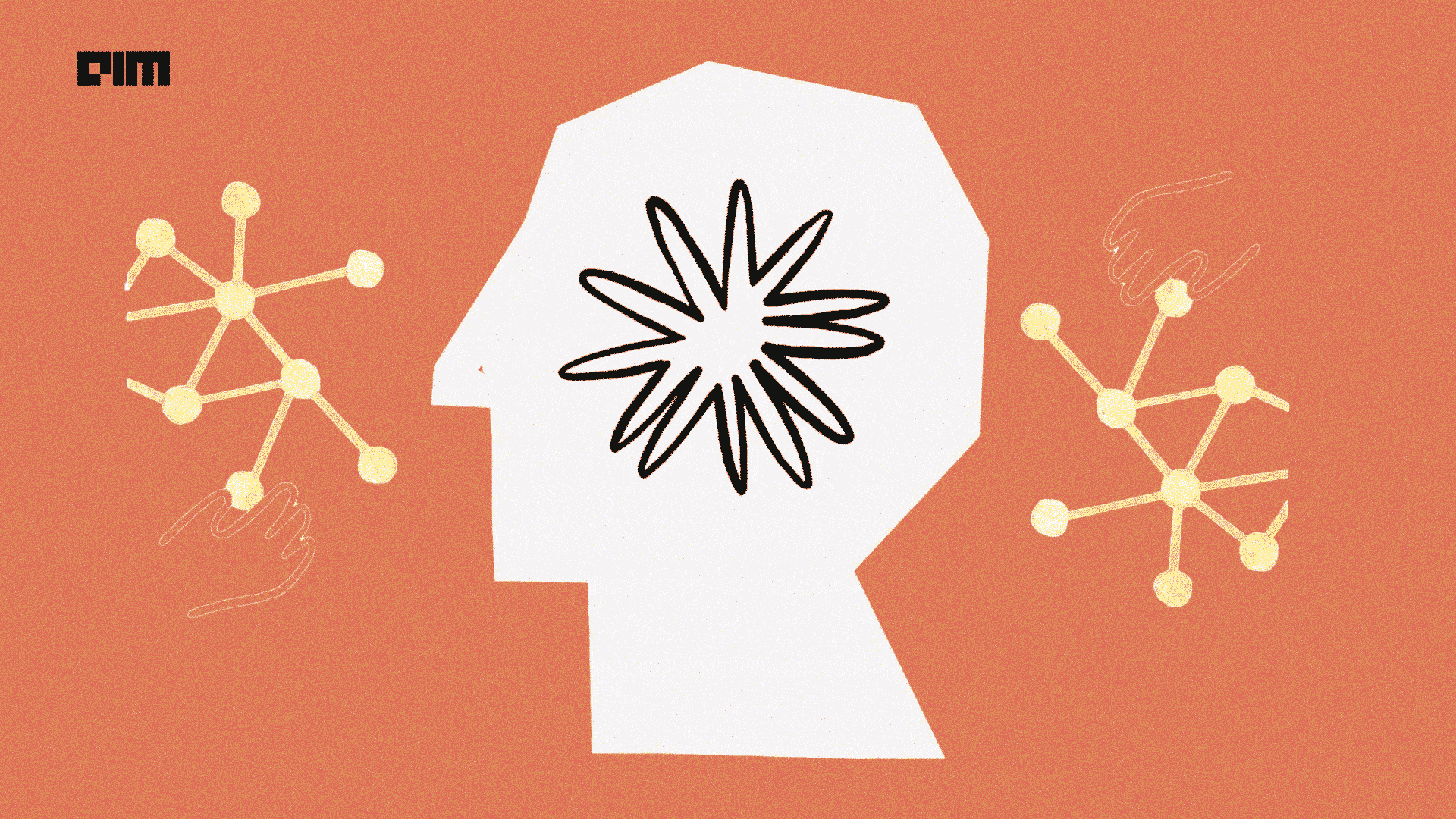AI-Powered, Human-Driven: The Future of Healthcare Strategy
If you’ve seen Anthropic’s new ad for Claude AI, you’ve seen the future of work. The emphasis is not on AI replacing experts but on AI acting as a powerful partner to enhance the way we work. The core message takeaway is that AI is a tool to enhance the creative human process.
In terms of healthcare marketing, AI is increasingly brilliant at showing us what is happening. Machine learning models are getting better at analyzing large datasets paving the way to make predictions around which HCPs are most likely to adopt new therapies and even personalize content across dozens of digital channels. Despite this advancement, the key to success depends on an understanding of why.
THE GAP BETWEEN THE DATA AND THE DECISION
The world AI "sees" is the world of data, governed by what behavioral scientists call System 2—our logical, deliberate mind. It can tell you what is happening.
However, the majority of decisions we make are governed by System 1—our fast, intuitive, and emotional brain. These decisions are influenced by unseen or subconscious factors:
Cognitive Biases: An HCP avoids a novel therapy because of one memorable patient story who had a negative experience (e.g., the Availability Heuristic)
Emotional Drivers: An HCP might stick with a familiar treatment, not because it’s clinically superior, but to avoid the potential loss of control or negative outcome of switching a stable patient
Social Proof: The simple impulse to adopt a treatment because respected peers are already using it
Data can show trends, but it can’t explain the human drivers behind them. That's the gap where strategy is won or lost.
BRIDGING THE GAP: FROM INSIGHT TO ACTION
The future isn't AI versus human insight. It's about using them in the right order.
The process is powerful in its simplicity. Data and AI can be used to identify the business-critical what. For example, analytics can flag a segment of HCPs where adoption of a novel therapy is stagnant.
Our work begins there. We talk to those HCPs to understand why. Is it a hidden bias? A practical hurdle in their clinic? An emotional barrier to switching?
This is how we turn a data point into a growth strategy. AI gives us a clearer map of the market than ever before, but it's our understanding of the human terrain that shapes the path forward.
As these new tools give you a sharper picture of what HCPs are doing, the crucial question remains: Do you truly understand why?

